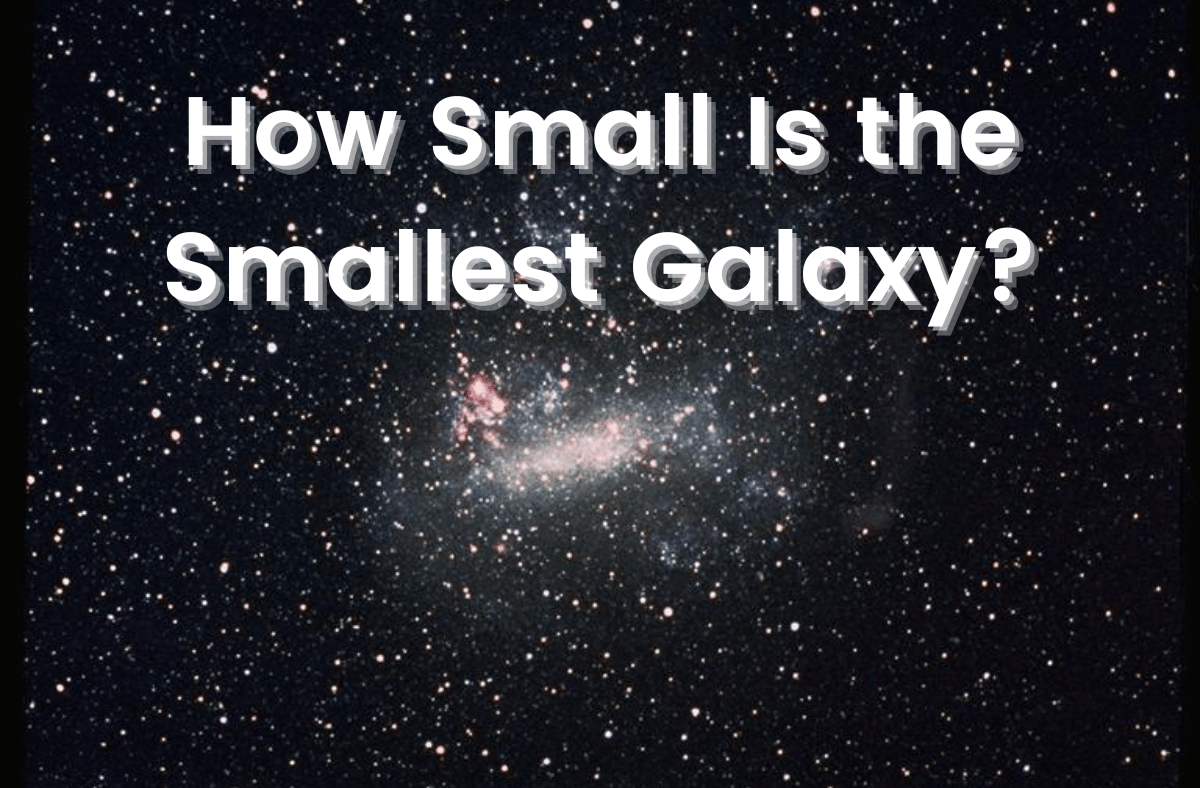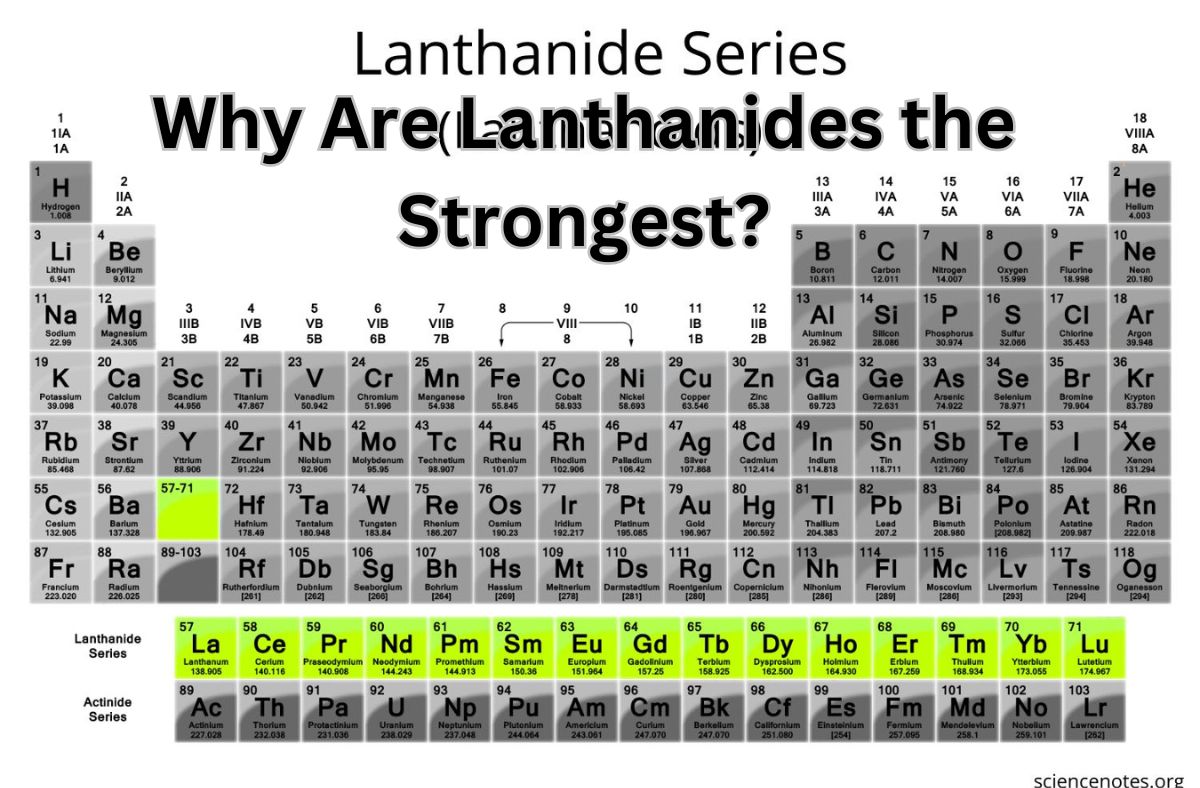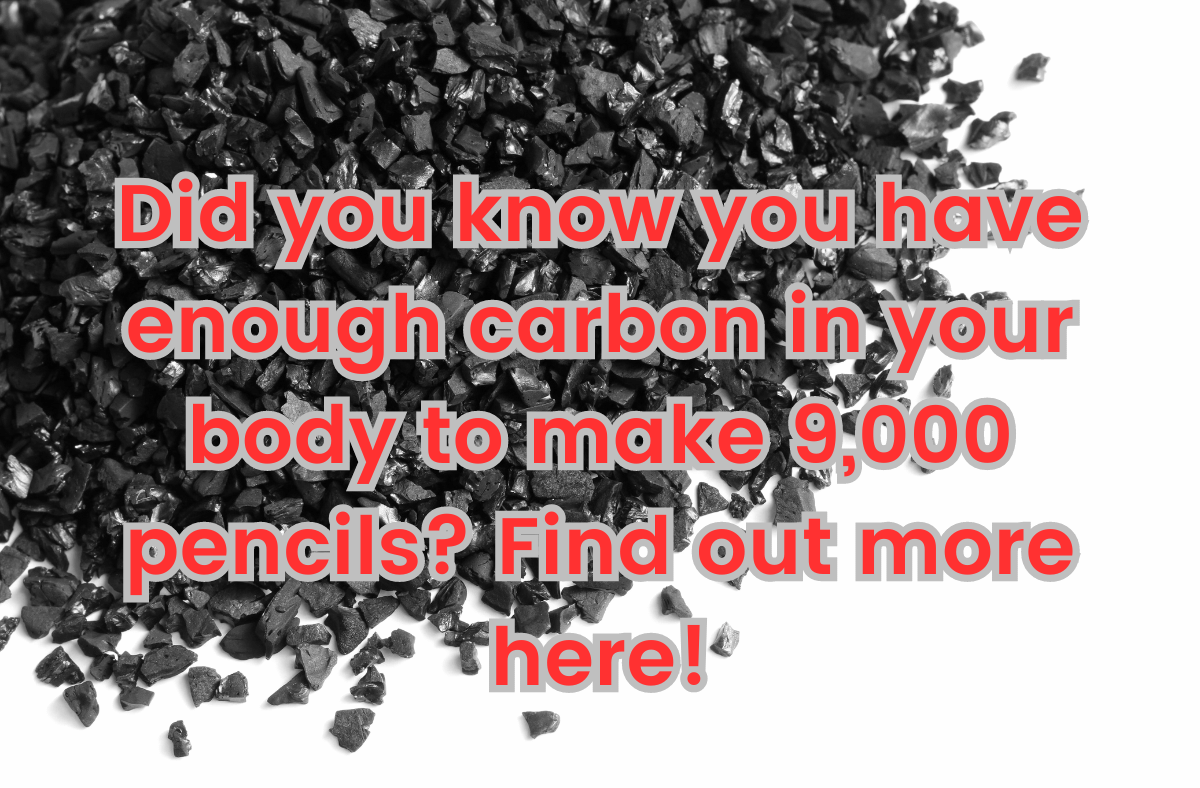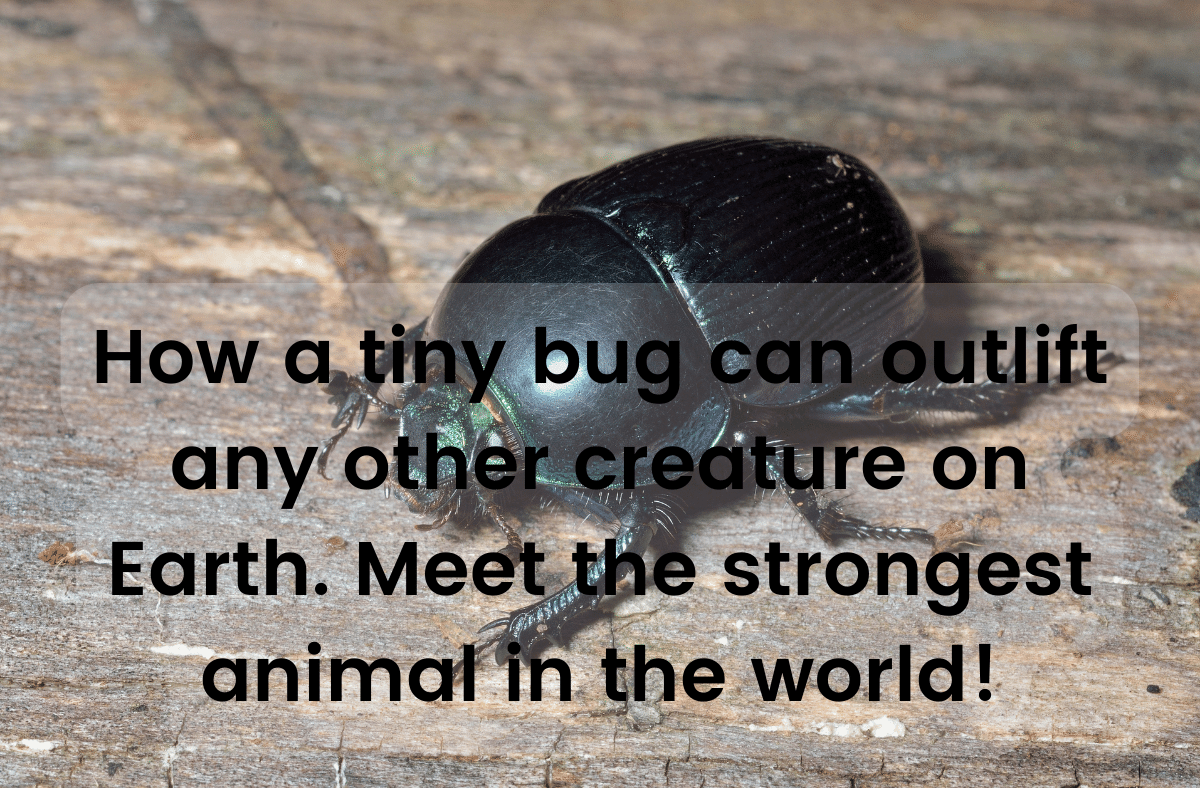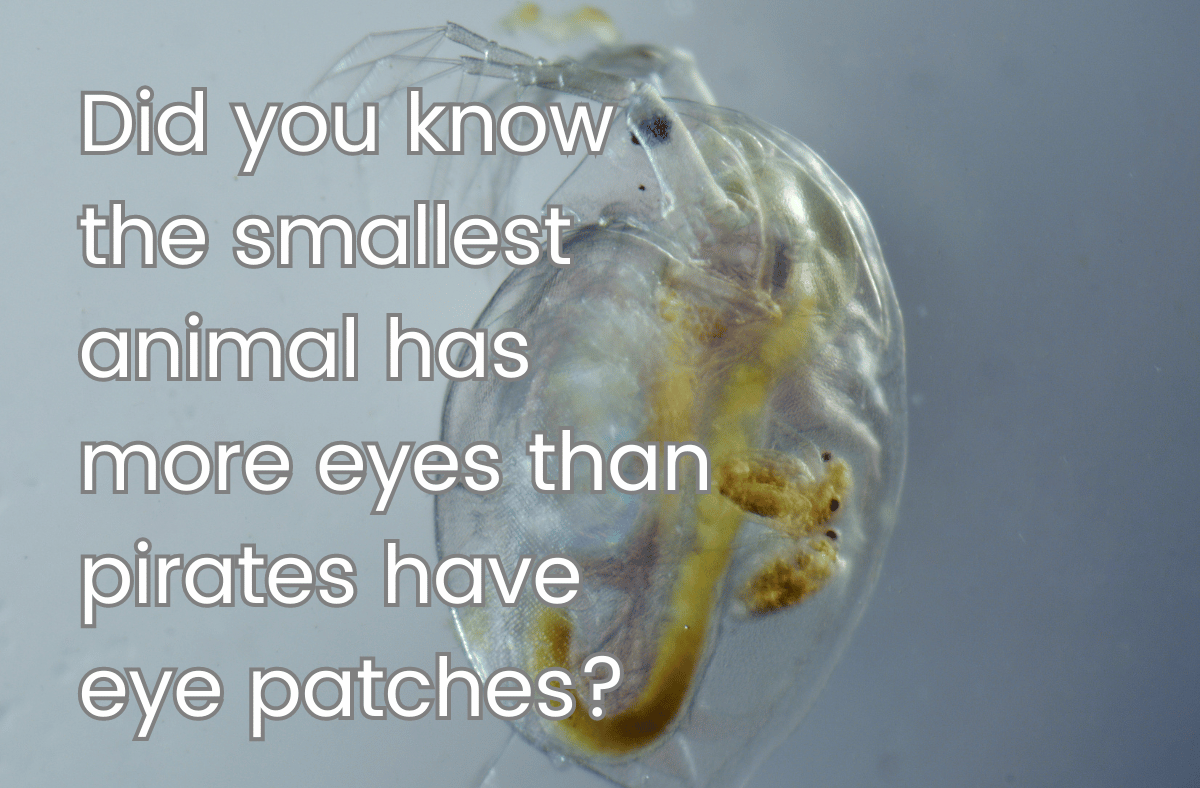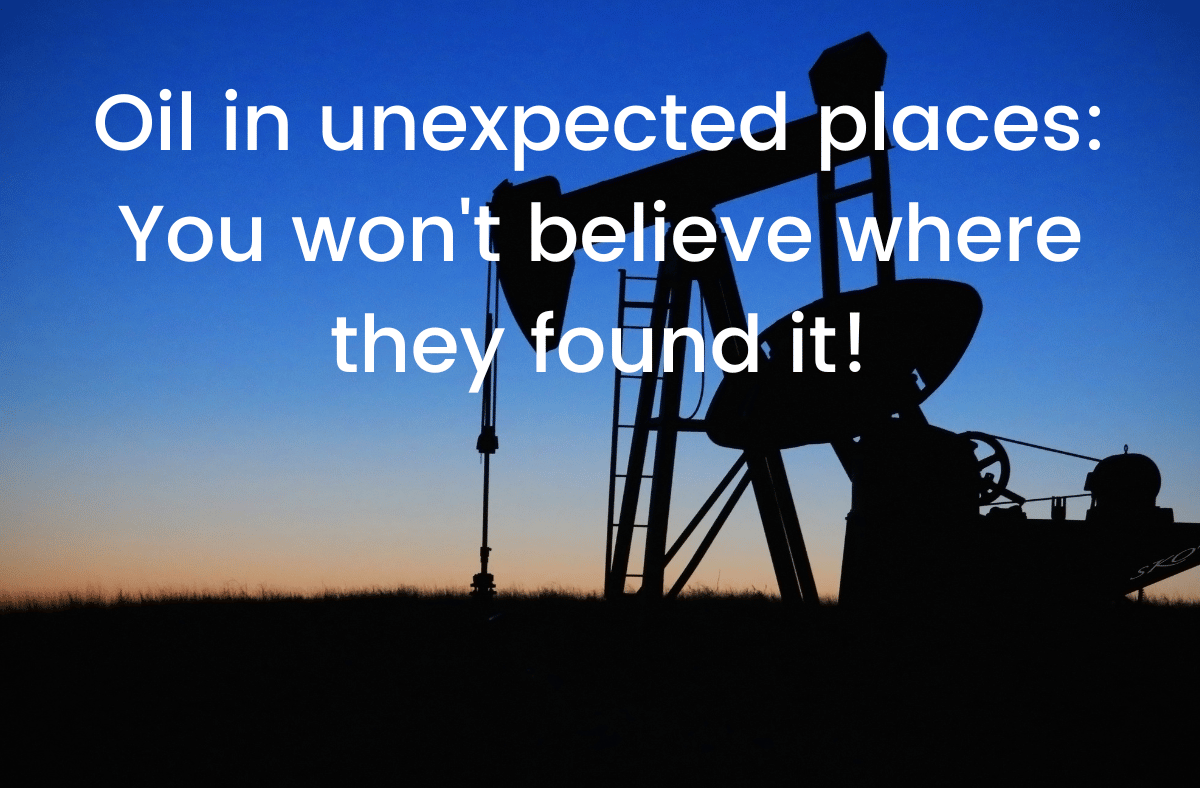For those in a hurry
- Oil is not made from fossils, but from ancient algae and bacteria that lived in the oceans millions of years ago.
- It is formed when organic matter is buried under layers of sediment and subjected to high pressure and temperature.
- Oil can also be produced abiotically, that is, without any involvement of living organisms, from minerals deep underground.
- It is a renewable energy source, but not a clean one. It causes pollution and contributes to climate change.
What is oil and where does it come from?
Oil is a liquid hydrocarbon, which means it is composed of hydrogen and carbon atoms. It is one of the most important sources of energy for modern civilization, powering our cars, planes, factories, and homes.
It is commonly thought to be a fossil fuel, meaning it comes from the remains of dead plants and animals that were buried millions of years ago. However, this is not entirely true. Most of the oil we use today comes from ancient algae and bacteria that lived in the oceans and produced organic matter through photosynthesis. These microscopic organisms sank to the bottom of the sea when they died and accumulated in thick layers of sediment. Over time, these layers were compressed by the weight of overlying rocks and heated by the Earth’s internal heat. This process transformed the organic matter into oil and natural gas.
Is oil really a fossil fuel?
The term “fossil fuel” was first used by German chemist Caspar Neumann in 1759. It implies that oil and other hydrocarbons are derived from fossils, or the preserved remains or impressions of ancient life forms. However, this is not always the case.
Fossils are usually hard parts of animals or plants, such as shells, bones, or wood, that have been preserved by natural processes. Sometimes they are replaced by minerals or petrified into stone. Fossils are rare and do not make for good energy sources.
Oil and natural gas are not fossils, but organic matter that has been chemically altered by geologic processes. They do not contain any traces of the original organisms that produced them. They are also not limited to the fossil layer of the Earth’s crust, but can be found in deeper rocks that have never contained any life.
Can it be made without life?
Some scientists have proposed that oil can also be formed abiotically, that is, without any involvement of living organisms. They suggest that oil can be produced from minerals such as iron oxide and calcium carbonate at high temperature and pressure deep underground. These conditions can cause chemical reactions that produce hydrocarbons similar to those found in oil.
The idea of abiotic oil is controversial and not widely accepted by most geologists. However, some evidence suggests that abiotic oil may exist in some places on Earth, such as the Athabasca Oil Sands Deposit in Canada, which is the largest source of petroleum in the world. This deposit lies below a layer of tar sands that contains biotic oil derived from algae and bacteria. The origin of the deeper oil is still debated.
Is it renewable or non-renewable?
It is often considered a non-renewable resource, meaning it cannot be replenished at the same rate as it is consumed. This implies that oil will eventually run out and we will have to find alternative sources of energy.
However, some scientists argue that oil is actually a renewable resource, meaning it can be regenerated over time. They claim that oil is constantly being formed by natural processes in the Earth’s crust and mantle, and that there is much more oil than we have discovered or used so far.
This does not mean that we can use oil without any consequences. It is still a finite resource that takes millions of years to form. It also causes environmental problems such as pollution, greenhouse gas emissions, and climate change. Therefore, we should use oil wisely and responsibly, and look for cleaner and more sustainable ways to meet our energy needs.





